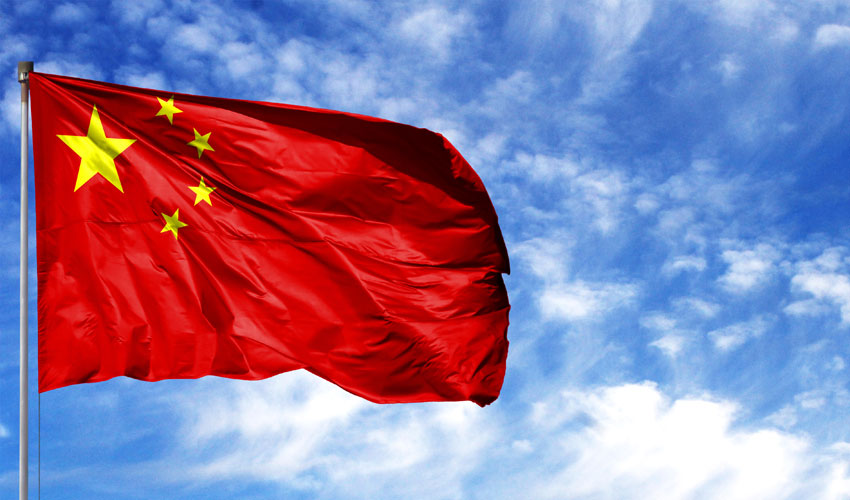Concluding the first-day summit, NATO Secretary-General Jens Stoltenberg called for a unified response to the challenges posed by China.
“We are concerned by China’s coercive policies which stand in contrast to the fundamental values enshrined in the Washington Treaty. China is rapidly expanding its nuclear arsenal with more warheads and a larger number of sophisticated delivery systems” warned Stoltenberg.
This was the first time NATO had presented China’s expanding reach and capacities as a security challenge. In his statement, Stoltenberg highlighted China’s “coercive behaviour”; increased “investments in new military capabilities including nuclear systems”; Chinese-Russian military exercises in the Euro-Atlantic area; and the challenges to “international rules-based order”.
He called on China;
“To uphold its international commitments and to act responsibly in the international system. Including in space, cyber and maritime domains, in keeping with its role as a major power”.
This concern over China was further highlighted by US President Joe Biden who told reporters;
“The democratic values that undergird our alliance are under increasing pressure, both internally and externally […] Russia and China are both seeking to drive a wedge in our trans-Atlantic solidarity.”
Read Stoltenberg full statement here.
Dialogue with China
In his statement, Stoltenberg maintained that “China’s not an adversary” and spoke to the need to maintain dialogue with China on areas such as arm controls, the situation in Afghanistan, and regional security issues.
He further warned against China’s increased influence in transatlantic relations stating:
It “is not about moving NATO to Asia. It's very much about what to do at home. Resilience, technology, cyber defence. Because we see that China is coming closer to us”.
The New York Times highlights that China has “sent ships into the Mediterranean and through the Arctic; it has also conducted military exercises with Russia in NATO’s backyard, built bases in Africa, and owns significant infrastructure in Europe, including the Greek port of Piraeus”.
The authors further add:
“China’s army has hacked computers to steal industrial and military secrets all over the globe and engaged in disinformation in NATO societies. And with its effort to deploy 5G networks across Africa, the Middle East and Europe, Huawei, the Chinese telecommunications giant, has created new anxiety that it could control the communications infrastructure needed by NATO”.
Confronting Chinese aggression

In addressing China’s aggression in the Asia Pacific, NATO Secretary-General maintained that NATO would work with Asia pacific countries on “how to respond to a more assertive China”.
China’s mission to the EU slammed the NATO Summit's Communiqué claiming that NATO should “stop hyping up in any form the so-called ‘China threat’”. They further added “NATO is slandering China’s peaceful development and misjudging the international situation and its own role”. The spokesperson argued that this was “a continuation of the Cold War mentality and bloc politics”.
Read the Chinese full response here.
Read our feature: Blinken, Yang, Sri Lanka and the global competition for democracy
